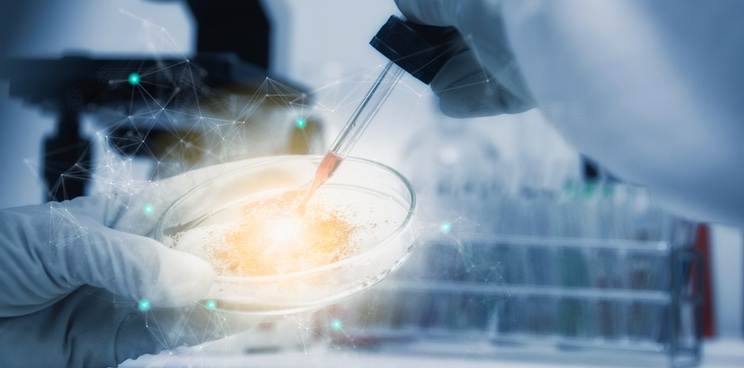The Irish company Avectas has closed a Series C round to develop cell therapies that don’t need viral vectors — a common bottleneck in cell therapy manufacturing.
The fundraise of approximately €18M brings Avectas’ total equity funding to around €37M. The round was led by the company’s current shareholders, which include the serial life sciences entrepreneur Seamus Mulligan.
With the new funding, Avectas plans to scale up its cell engineering technology and speed up its application in clinical programs. The company also aims to hire more people in Ireland and the US to expand its operations “as Covid-19 related conditions permit.”
Cell therapies are becoming increasingly popular as high-profile treatments have gained approval, such as the CAR T-cell immunotherapies Yescarta and Kymriah. However, the high demand is also leading to manufacturing bottlenecks. One big bottleneck is the fact that it’s hard to make viral vectors, which are commonly used to genetically modify cells in the lab.
Avectas’ technology is designed to overcome this bottleneck by removing the need for viral vectors. Instead, the company makes the cell membrane permeable to nucleic acids or proteins in the lab, and delivers the therapy directly into the cell, before restoring the cell membrane to its healthy state again.
According to Avectas, which was spun out of Maynooth University in 2012, this process is gentler to the cells than many similar protocols in the industry, as well as being efficient and scalable.
“Ireland has a deep history in the pharmaceutical and biotech sector and I am excited to see it build on that legacy with companies like Avectas,” said Mary Martin, Avectas’ Executive Chair, in a public statement.
The company has formed a number of collaborations to boost its cell and gene therapy manufacturing technology, such as with the US cell and gene therapy developer Vycellix in March and the Canadian cell therapy company CCRM earlier this month.
There is a growing movement of manufacturing companies that aim to make cell therapies more affordable. For example, the Belgian biotech Univercells raised €50M in February to commercialize a semi-automated technique for manufacturing viral vectors.
Additionally, the UK startup Ori Biotech teamed up with UK biotech Achilles Therapeutics two days ago to begin the process of automating Achilles’ cancer immunotherapy production process.
Images from Shutterstock





